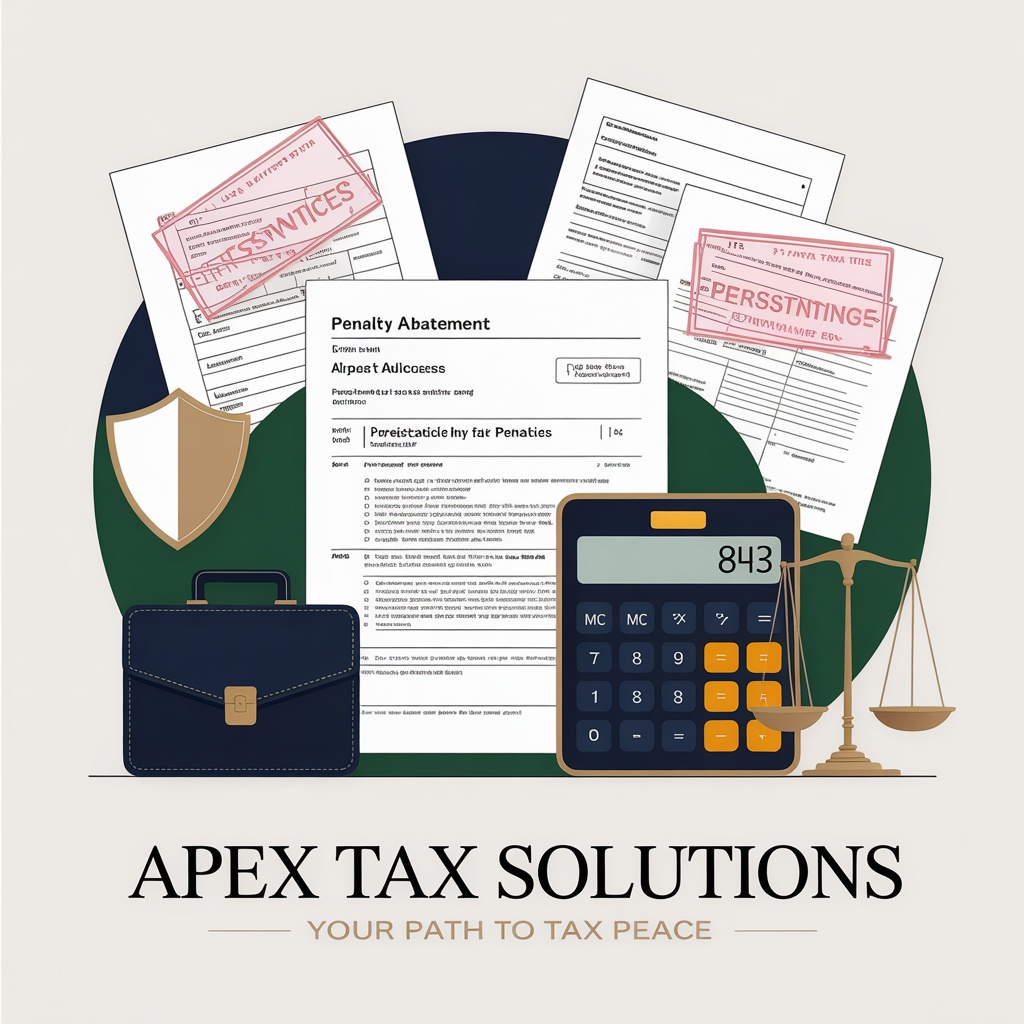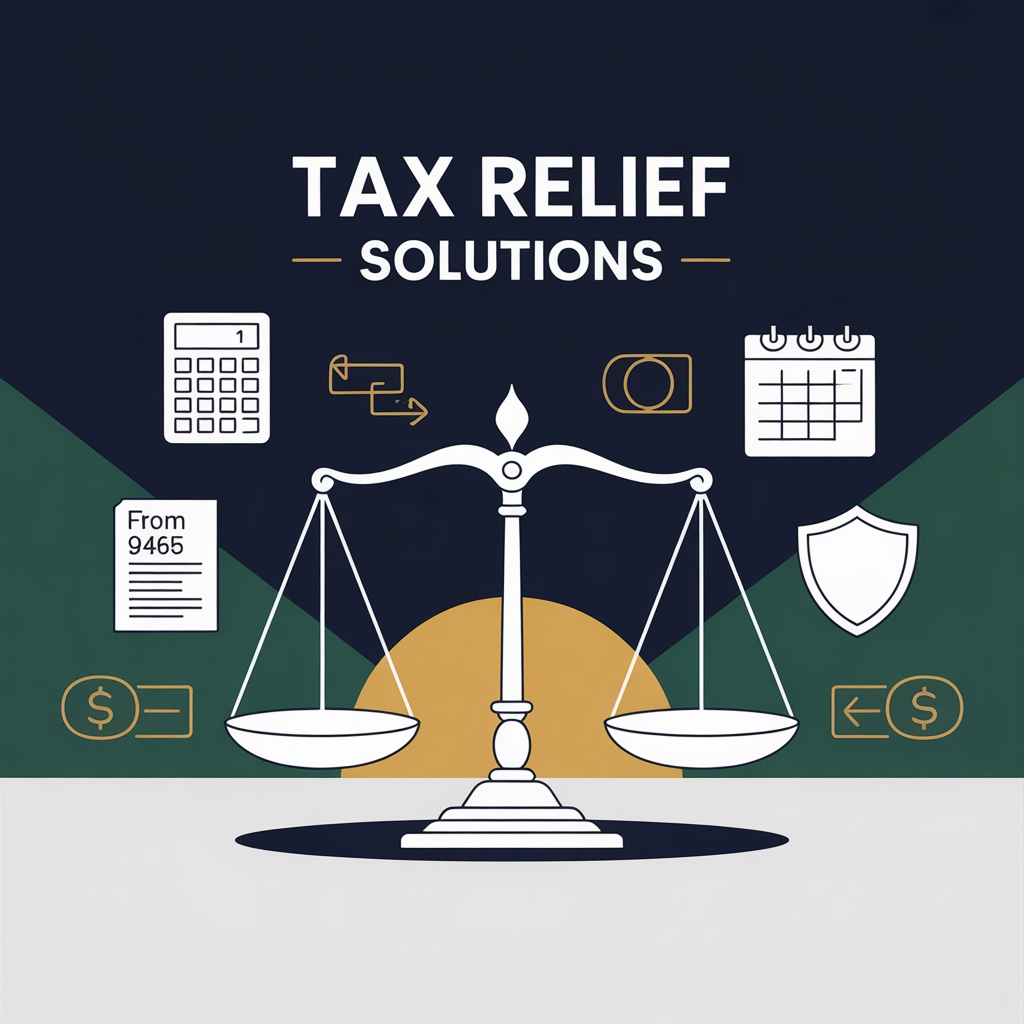BLOGS
IRS and State Tax Debt Relief – Stop Wage Garnishment Fast
20+ Years of Licensed Tax Relief Expertise


Struggling with IRS Tax Debt?
IRS letters, penalties, and wage garnishments can feel overwhelming. Our licensed tax professionals bring 20+ years of experience helping taxpayers stop garnishments, remove liens, and settle tax debt through proven IRS programs. We’ll protect your income, restore peace of mind, and guide you to lasting relief.






















